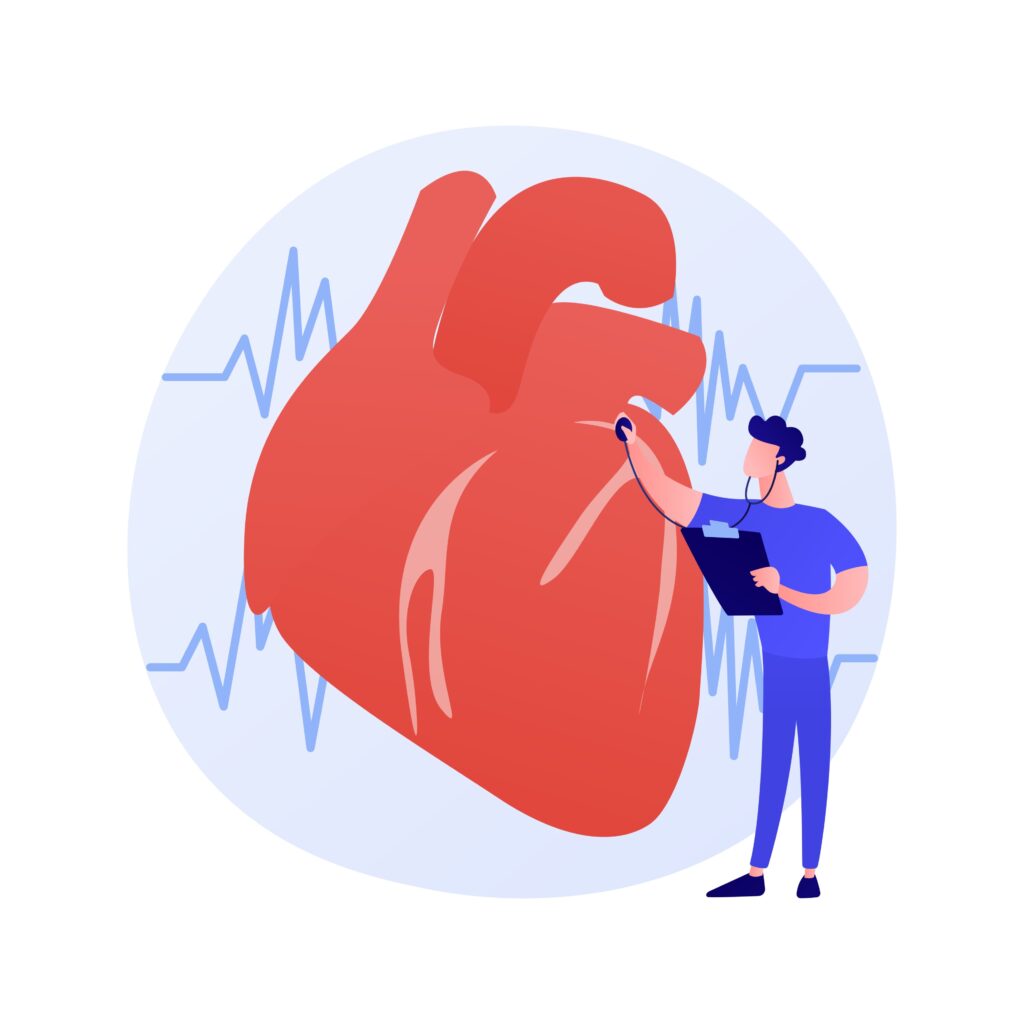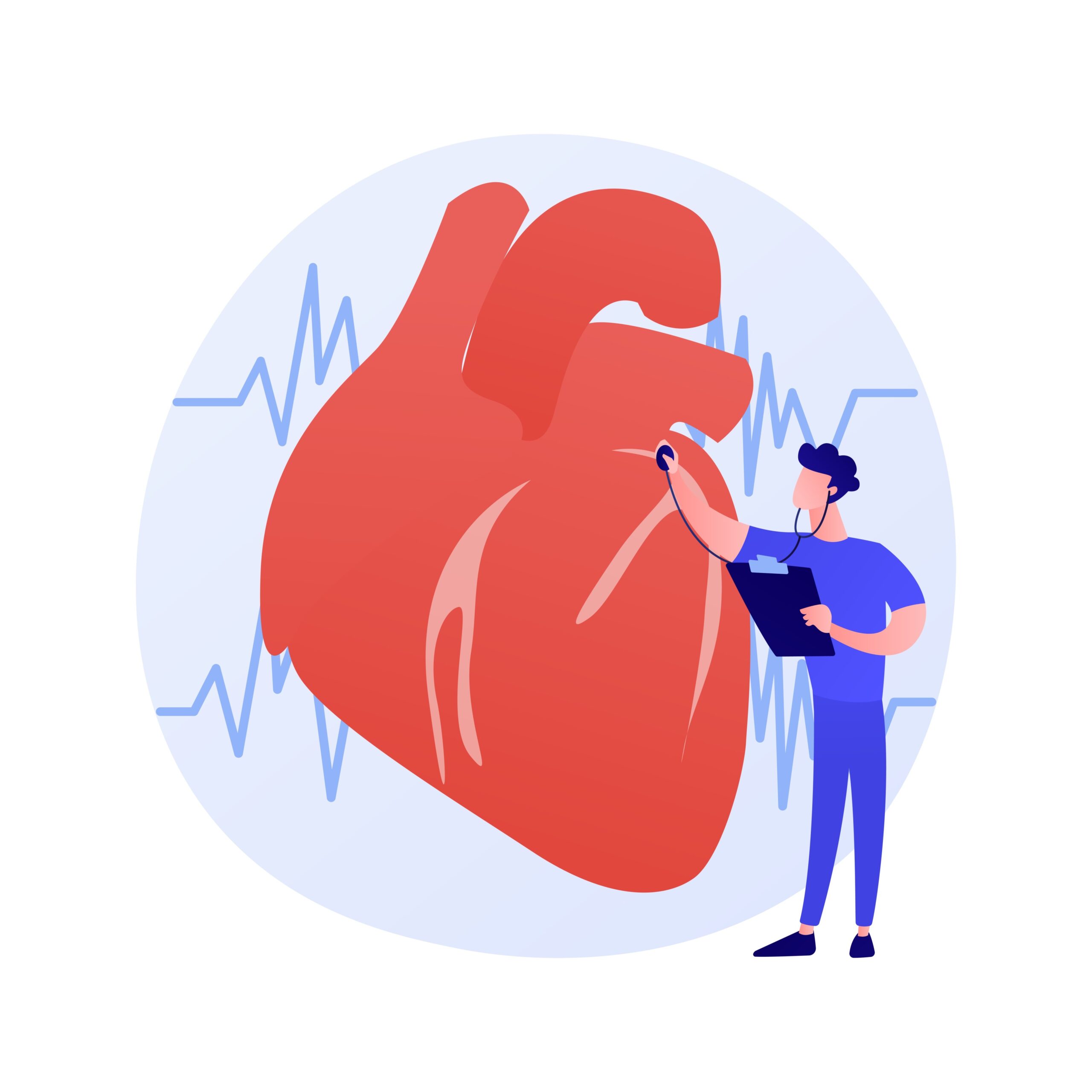
Heart disease is one of the leading causes of death worldwide, and in many cases, it develops silently before showing severe symptoms. Recognizing the early warning signs can be crucial in preventing serious complications. Many people ignore mild symptoms, attributing them to fatigue, stress, or other less serious conditions. However, paying attention to your body can help detect potential heart issues before they become life-threatening.
Chest Discomfort and Pain
One of the most common early symptoms of heart disease is chest discomfort. This can manifest as pressure, tightness, squeezing, or a burning sensation. While not all chest pain is heart-related, any unexplained or persistent discomfort should be taken seriously. It may occur during physical activity or even at rest, signaling that the heart is struggling to pump blood efficiently. If you experience sudden or severe chest pain, seeking medical help immediately is crucial.
Shortness of Breath and Unexplained Fatigue
Difficulty breathing, even during mild activities, could be a warning sign of heart trouble. If you find yourself gasping for air or feeling unusually breathless, it may indicate that your heart is not functioning properly. Alongside this, persistent fatigue or extreme tiredness—even after getting adequate rest—should not be ignored. The heart plays a vital role in circulating oxygen-rich blood throughout the body, and when it struggles, it can leave you feeling weak and drained.
Dizziness, Lightheadedness, and Fainting
Frequent dizziness or episodes of lightheadedness can signal an issue with blood circulation. If your heart is not pumping effectively, it can lead to fluctuations in blood pressure, making you feel unsteady or even causing fainting spells. While occasional dizziness may be harmless, experiencing it repeatedly—especially alongside other symptoms like palpitations or chest discomfort—warrants medical attention.
Swelling in the Legs, Feet, and Ankles
Fluid retention in the lower body can indicate an underlying heart problem, particularly heart failure. When the heart is unable to circulate blood efficiently, fluid builds up in the tissues, causing noticeable swelling in the feet, ankles, and legs. This condition, known as edema, may also be accompanied by weight gain and discomfort. If swelling occurs suddenly or persists without an apparent cause, it’s essential to consult a healthcare professional.
Irregular Heartbeat and Heart Palpitations
An occasional skipped beat or rapid heartbeat might not seem alarming, but frequent irregularities in your heart rhythm could be a sign of an underlying problem. Heart palpitations, fluttering sensations, or an unusually fast or slow heart rate may indicate arrhythmia, a condition where the heart beats abnormally. While some arrhythmias are harmless, others can lead to serious complications, including stroke or heart failure. Monitoring these symptoms and seeking medical advice can help prevent major health risks.
Jaw, Neck, and Upper Back Pain
While chest pain is a well-known symptom of heart disease, discomfort in other areas of the upper body can also be a warning sign. Pain in the jaw, neck, shoulders, or upper back—especially when it appears suddenly or worsens with exertion—may indicate a heart issue. Women, in particular, often experience these less typical symptoms during a heart attack. Paying attention to unexplained aches and seeking medical evaluation can be lifesaving.
Persistent Cough with Pink or White Mucus
A long-lasting cough that produces white or pink mucus can be an indication of heart failure. This occurs when fluid builds up in the lungs due to the heart’s inability to pump effectively. While a cough is commonly associated with respiratory infections, if it persists without an obvious cause, it may be linked to an underlying heart condition. Consulting a doctor is necessary to rule out any serious issues.
Cold Sweats and Nausea
Sudden cold sweats, clammy skin, or unexplained nausea can be early warning signs of a heart attack. Many people mistake these symptoms for the flu or a minor illness, but when combined with other heart-related symptoms, they should not be overlooked. If you experience excessive sweating without physical exertion, along with discomfort in the chest or upper body, seek emergency medical assistance immediately.
When to Seek Medical Help
If you notice any of these symptoms, especially if they occur together, it is important to consult a doctor as soon as possible. Heart disease can often be managed with early detection, lifestyle changes, and appropriate medical care. A healthy diet, regular exercise, stress management, and avoiding smoking or excessive alcohol consumption can significantly lower the risk of heart disease.





